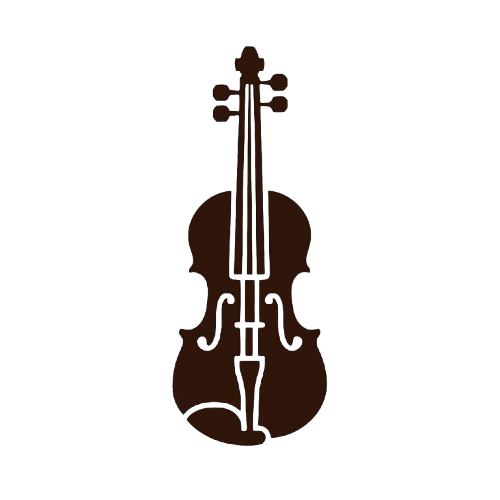The age old question: “What age to start violin lessons?”. Well;
“The best time to plant a tree was 20 years ago, the second best time is now”
This ancient proverb perfectly encapsulates the conversation around learning the violin. We are often haunted by the idea of a “perfect” starting point, a magical window in childhood where the seeds of musical genius are best sown. But what if that window is wider than we think? What if the best time to begin is simply when the desire to play takes root?
The question of the “best” age to start violin is less about a number and more about your personal goals and circumstances. Let’s break down the journey through different stages of life.
There are many different takes out there, but here’s mine!
The “Ideal” Window: The Young Child (Ages 4-7)
There’s a good reason why the image of a small child with a tiny violin persists. This period is often considered the “ideal” time to start for several compelling reasons:
- Brain Development: A young child’s brain is a marvel of neuroplasticity. It’s in a peak state for language acquisition, and music is, in many ways, a language. The complex skills of coordinating fingers, bow arm, and ears are absorbed with remarkable speed.
- Natural Mimicry: Young children are fantastic mimics. Before they become self-conscious, they readily copy the posture, hand shapes, and movements demonstrated by their teacher, which is fundamental to building a solid technical foundation.
- Developing Fine Motor Skills: Learning the violin can go hand-in-hand with the development of fine motor skills, with each activity reinforcing the other.
- The Gift of Time: A child’s schedule is often less cluttered. This allows for the establishment of a consistent practice routine, weaving it into the fabric of their daily life before the pressures of academics and other extracurriculars take over.
The Focused Start: The Tween and Teenager
If the early childhood window has passed, don’t despair. Starting as an older child or teenager brings a completely different set of powerful advantages.
- Cognitive Understanding: A teenager can grasp abstract concepts and music theory more quickly than a young child. They understand the “why” behind the technique, which can accelerate progress.
- Developing Self-Discipline: If a teenager chooses to learn the violin, they are often more self-motivated. They understand that practice leads to improvement and can take more ownership of their learning.
- A Healthy Outlet: The teenage years can be turbulent. The violin offers a profound and healthy emotional outlet, a way to express feelings that words cannot always capture.
The Second Best Time: The Adult Learner
And now we arrive at the “second best time,” which is right now. Learning the violin as an adult is not about trying to recapture a missed childhood. It’s about embarking on a new, deeply rewarding personal adventure. The adult learner’s toolkit is formidable:
- Intrinsic Motivation: An adult chooses to learn the violin out of a pure desire to do so. This “why” is a powerful fuel that can sustain you through the challenges of the initial learning curve.
- Focused Practice: While time may be limited, adults are masters of efficiency. A focused 20-minute practice session can often be more beneficial than an hour of distracted playing.
- Analytical Mind: Adults are better at analyzing their own playing. You can understand the mechanics of a particular technique and problem-solve in a way a child cannot.
- Life-Long Brain Health: The science is clear: learning a complex skill like the violin at any age creates new neural pathways and enhances cognitive function. It’s a powerful way to keep your mind sharp and engaged throughout your life.
The biggest hurdles for adults are often internal: the frustration of not sounding perfect immediately, the challenge of finding consistent practice time, and the physical tension that can creep in. But with a good teacher who understands adult learners and a healthy dose of patience, these can all be overcome.
So: what age to start violin lessons? The age you are right now. While a 5-year-old and a 50-year-old will have different journeys, neither is less valid or less beautiful. The goal isn’t to reach a mythical destination of “perfection.” The goal is to grow, to learn, and to fill your life with the incomparable joy of making music.
Your “second best time” is waiting.

Leave a Reply